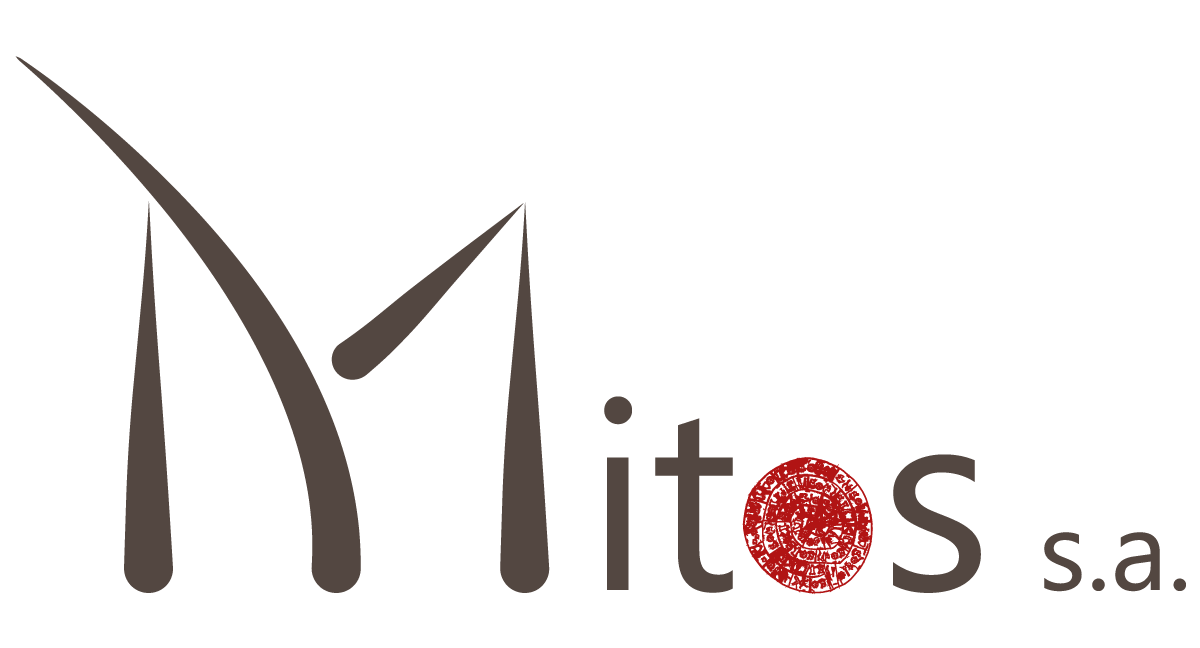General information
Banks & Currency
The currency used all over Greece and on the island of Crete is the Euro (€). Credit & cash cards are accepted in shops and restaurants throughout the island. VISA & MASTER are generally accepted but rarely AMEX & DINNERS credit cards.
Banks are open from Monday to Friday at 08:00 – 14:00 hrs.
Climate
The island of Crete enjoys a temperate Mediterranean climate with a very little variation in Crete weather. During summer months the average high climbs to mid thirties while in winter it drops but is still enjoyable for Northern Europeans. Snowfall is not uncommon in Crete during the winter season. The island receives a great level of sunshine all year round. In the mountainous regions of Crete the weather is always cooler. The weather in Crete during June, July & August is what we call full summer. No rain and temperatures should be expected to reach 35 degrees celsius (or 95 degrees farhrenheit). You should pack strong sun protection and plan to stay out of the sun during the peak hours (12pm to 3pm). During night, temperature may well stay above 30° C and sometimes some degrees below. Winds on the islands, such as Crete, well contribute to the temperature. Some days late in the afternoon there might be a cooling breeze.
Electricity
Voltage : 220V
Cycles (frequency): 50 Hz
Sockets/Outlets: 2 pin + earth/ground “Suku” or 2 pin lighting type.
The voltage is 220 volts and you will need a two pin adapter to use your own equipment. If you live in a country with 110V electricity, your electric accessories would not work in Greece where 220V (50Hz) electrical outlets are standard. Just purchase an electrical adaptor to make sure all your equipment will work. An adaptor would allow your plug to physically fit into the Greek power outlets.
Keep in mind that you will need more than one, unless you want to charge your equipment one at a time. An adaptor simply allows your plugs to fit into the Greek electrical outlets; it does not ensure that your appliance would work in the 220V current of the wall outlets in Greece.
Insurance
You are advised to arrange private travel insurance. The conference organisers and the organising committee of the conference accept no liability for personal accidents or damaged property while in the conference area.
You should take out comprehensive travel insurance covering you for private medical treatment, as well as for loss or theft of belongings and expenses incurred due to delayed or cancelled flights. Make sure your policy will pay for medical and hospital fees direct and that it covers you for holiday activities such as trekking, scuba diving, riding, and motorcycling, as well as for personal liability in the event of damage to rented cars or motorcycles.
Shopping
Cretan markets are busiest and best early in the morning, opening at about 09:00 from Monday to Saturday, and busiest of all on Saturday mornings. Markets, and all other shops, close around midday, reopening around 17:00 and staying open until at least 21:00. In resort areas, many shops are open until around 23:00 in summer.
In summer, bars and taverns are open all day; usually close late into the night, and in winter there is very little in the way of entertainment as the majority are closed.
In all the big towns of the island and in many picturesque mountainous villages visitors will find a wide range of shops selling local products such as the excellent Cretan honey, the famous Cretan Wines and the tasty local cheeses (which are known all over Greece). Shops selling leather goods of high quality can also be found as well as shops proposing copper, bronze, terracotta and wooden items. Local embroideries and hand wooden articles can also be found in various shops.
Smoking
The Greek government originally passed the no smoking law to take effect from January 2010, but then moved the start date forward in order to ‘ease’ the population into this new smoke-free world. In summer everyone lives, eats and drinks outdoors, so a July ban will have little effect on the social habits of Greece’s smokers.
Bar and restaurant employers must create separate smoking sections.
Ask the employers to show you the Non Smoking areas.
Tipping
It is usual to leave a small tip for the waiters. Tips are most welcome and it is usual to tip taxi drivers, hairdressers, porters and chambermaids.
Usually add 10–12% to your restaurant bill in change – if you use a card, the staff won’t reap the benefit.
Dress Code
Hotel
Shorts and sandals are forbidden in most hotel restaurants during the evening meals.
Excursions
As casually as the Greeks may like to dress in the daytime, when they go to church they put great emphasis on decent attire, moral codes are tightly observed. For anyone visiting churches, sleeveless blouses, shorts and beach clothes are definitely out. In many monasteries and churches, you will not be allowed entrance if you are not ‘properly’ dressed. It is advisable, at least, to wear long trousers; a pullover or a wrap to cover the shoulders if you are on a sightseeing tour which will take in visits to churches.


